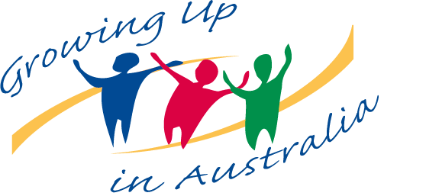settings[zen_html5_respond_meta][] = respond
The Australian Institute of Family Studies acknowledges the Traditional Owners of Country throughout Australia and recognises their continuing connection to lands and waters.
We pay our respects to Aboriginal and Torres Strait Islander cultures, and to Elders past and present.



